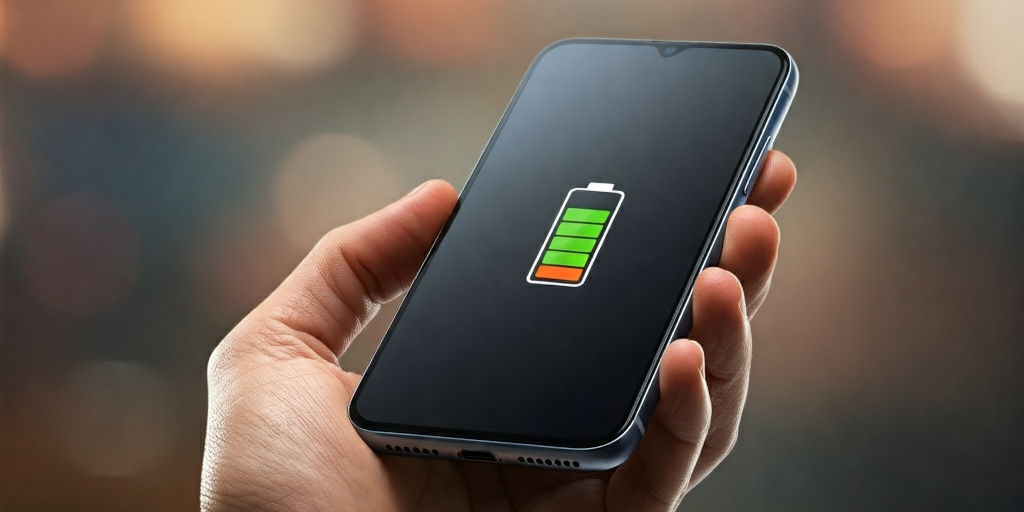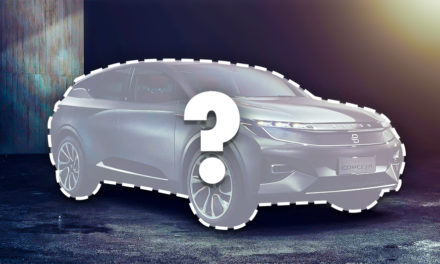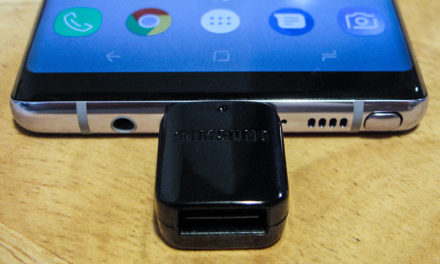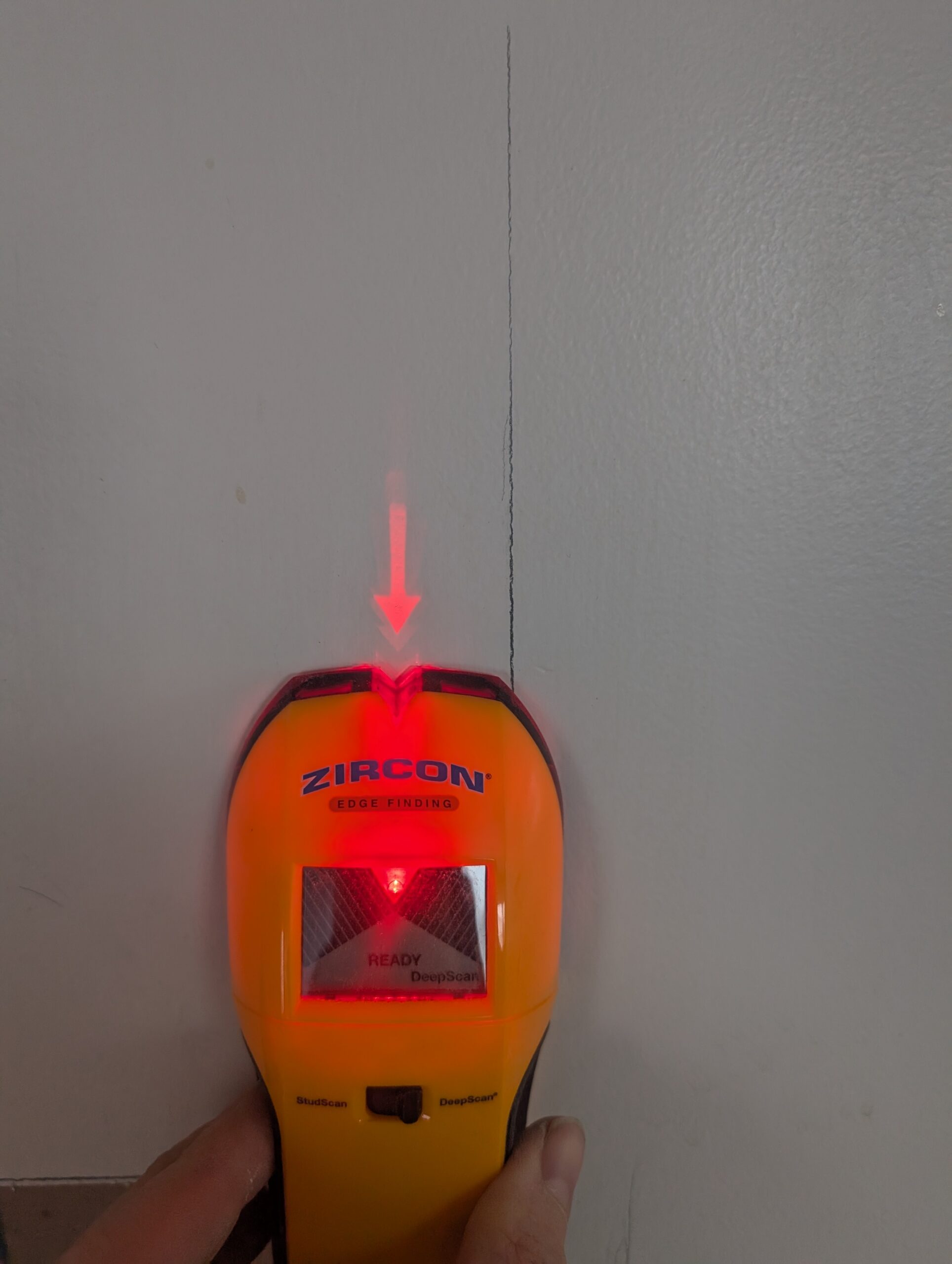Smartphone battery life has long been a source of frustration for users. While advancements in battery technology have led to incremental improvements, the dream of a phone battery that lasts a week remains elusive. This article delves into the current state of battery technology, the challenges in achieving a week-long battery life, and the potential breakthroughs that could make it a reality.
Current Battery Technology
- Lithium-ion Batteries: The dominant battery technology in smartphones today is lithium-ion. These batteries offer a good balance of energy density, power output, and lifespan. However, their capacity is limited, and they degrade over time, leading to shorter battery life in older devices.
- Fast Charging: While not directly increasing battery capacity, fast charging technologies have become increasingly common. These technologies allow users to quickly recharge their devices, mitigating the inconvenience of short battery life to some extent.
Challenges in Achieving a Week-Long Battery Life
- Energy Density: To achieve a week-long battery life, a significant increase in energy density is required. This means packing more energy into the same or smaller space. While research is ongoing in this area, breakthroughs have been slow.
- Power Consumption: Modern smartphones, with their powerful processors, high-resolution displays, and constant connectivity, are power-hungry devices. Reducing power consumption through more efficient hardware and software is crucial for extending battery life.
- Battery Degradation: Lithium-ion batteries degrade over time, losing their capacity to hold a charge. This degradation limits the long-term viability of a week-long battery life, even if achieved initially.

Today’s phones with week-long battery are more novelty than mainstream.
Potential Breakthroughs
- Solid-State Batteries: Solid-state batteries, which replace the liquid electrolyte in lithium-ion batteries with a solid material, offer the potential for higher energy density, faster charging, and improved safety. However, they are still in the early stages of development and face significant technical challenges.
- Other Battery Chemistries: Researchers are exploring alternative battery chemistries, such as lithium-sulfur and lithium-air batteries, which offer the promise of even higher energy density. However, these technologies are also in their infancy and face numerous hurdles.
- Energy Harvesting: Technologies that can harvest energy from the environment, such as solar panels and kinetic energy harvesting, could supplement battery power and extend battery life. However, the amount of energy that can be harvested is currently limited.
The Outlook
While the prospect of a smartphone battery that lasts a week is exciting, it remains a distant goal. Current battery technology is not yet capable of delivering such a dramatic increase in battery life. However, ongoing research and development in solid-state batteries, alternative battery chemistries, and energy harvesting offer hope for the future.
In the meantime, users can adopt strategies to maximize their current battery life, such as reducing screen brightness, limiting background app activity, and using power-saving modes. While we may not see a week-long smartphone battery in the immediate future, the ongoing quest for better battery technology holds the promise of significant improvements in the years to come.











F*ckin’ tremendous things here. I am very glad to see your article. Thanks a lot and i am looking forward to contact you. Will you kindly drop me a mail?
Hi there! I know this is kinda off topic but I was wondering if you knew where I could find a captcha plugin for my comment form? I’m using the same blog platform as yours and I’m having problems finding one? Thanks a lot!
Great wordpress blog here.. It’s hard to find quality writing like yours these days. I really appreciate people like you! take care